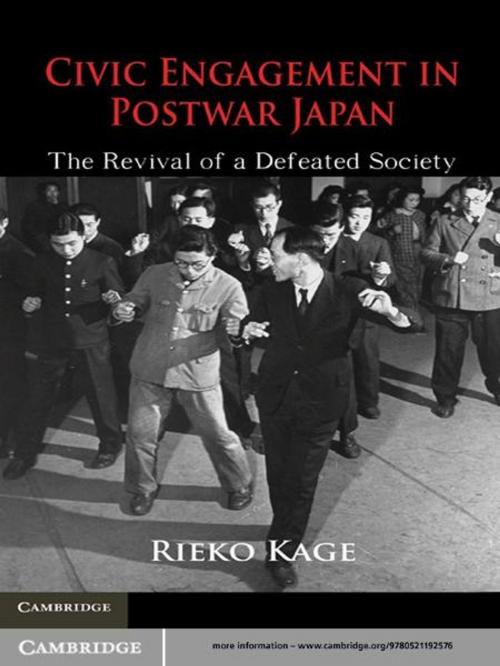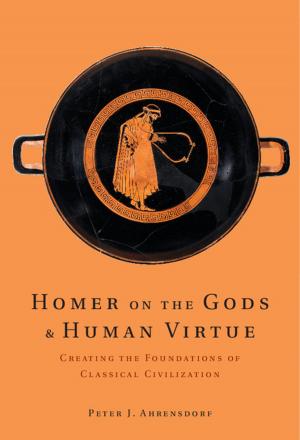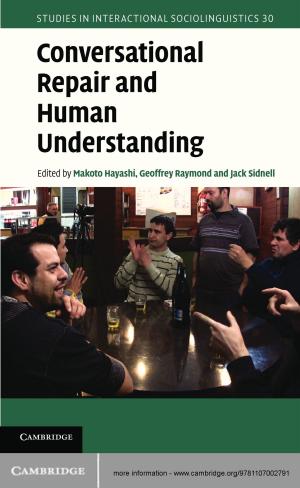Civic Engagement in Postwar Japan
The Revival of a Defeated Society
Nonfiction, Social & Cultural Studies, Political Science, International, Foreign Legal Systems| Author: | Rieko Kage | ISBN: | 9780511852725 |
| Publisher: | Cambridge University Press | Publication: | December 15, 2010 |
| Imprint: | Cambridge University Press | Language: | English |
| Author: | Rieko Kage |
| ISBN: | 9780511852725 |
| Publisher: | Cambridge University Press |
| Publication: | December 15, 2010 |
| Imprint: | Cambridge University Press |
| Language: | English |
Despite reduced incomes, diminished opportunities for education, and the psychological trauma of defeat, Japan experienced a rapid rise in civic engagement in the immediate aftermath of World War II. Why? Civic Engagement in Postwar Japan answers this question with a new general theory of the growth in civic engagement in postwar democracies. It argues that wartime mobilization unintentionally instills civic skills in the citizenry, thus laying the groundwork for a postwar civic engagement boom. Meanwhile, legacies of prewar associational activities shape the costs of association-building and information-gathering, thus affecting the actual extent of the postwar boom. Combining original data collection, rigorous statistical methods, and in-depth historical case analyses, this book illuminates one of the keys to making postwar democracies work.
Despite reduced incomes, diminished opportunities for education, and the psychological trauma of defeat, Japan experienced a rapid rise in civic engagement in the immediate aftermath of World War II. Why? Civic Engagement in Postwar Japan answers this question with a new general theory of the growth in civic engagement in postwar democracies. It argues that wartime mobilization unintentionally instills civic skills in the citizenry, thus laying the groundwork for a postwar civic engagement boom. Meanwhile, legacies of prewar associational activities shape the costs of association-building and information-gathering, thus affecting the actual extent of the postwar boom. Combining original data collection, rigorous statistical methods, and in-depth historical case analyses, this book illuminates one of the keys to making postwar democracies work.















